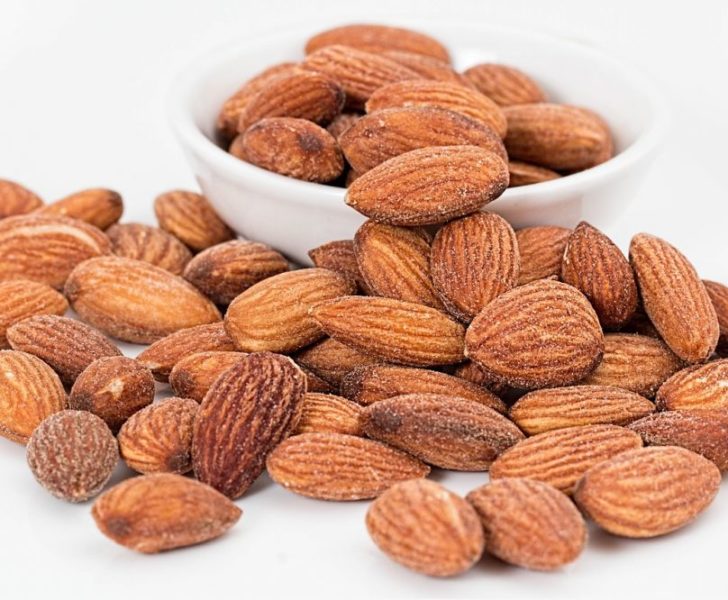Vegan Diet: A Comprehensive Guide to a Plant-Based Lifestyle

Introduction:
As the awareness of environmental issues and animal welfare grows, more and more people are turning to veganism as a compassionate and sustainable way of living. In this comprehensive guide, we will delve into all aspects of the vegan diet, including its definition, popular types, quantitative measurements, differences, and historical perspectives on its benefits and drawbacks. Whether you are considering adopting a vegan lifestyle or simply curious about it, this article will provide you with an in-depth understanding of what it entails.
I. What is a Vegan Diet?
A) Definition: A vegan diet is a plant-based approach that excludes all animal products, including meat, dairy, eggs, and honey.
B) Types of Vegan Diets: Explore the different variations of veganism, such as whole food plant-based, raw veganism, and macrobiotic diets.
C) Popular Vegan Diets: Highlight well-known vegan diets like the Mediterranean and high-carb, low-fat vegan diets.
D) Nutritional Considerations: Address common concerns regarding nutrient deficiencies and provide information on essential nutrients in a vegan diet.
II. Quantitative Measurements of a Vegan Diet

A) Environmental Impact: Present scientific data on the ecological benefits of a vegan diet, including reduced greenhouse gas emissions and land use.
B) Health Implications: Share statistical findings showcasing the positive health outcomes associated with a well-planned vegan diet, such as lower risk of heart disease, diabetes, and certain types of cancer.
C) Animal Welfare: Discuss the quantitative measures of animal suffering reduced by adopting a vegan lifestyle, including the number of animals saved from slaughter.
III. Exploring the Differences within the Vegan Diet
A) Raw vs. Cooked Foods: Compare the advantages and disadvantages of consuming raw and cooked plant-based foods.
B) High-Carb vs. High-Fat: Analyze the distinctions between high-carb and high-fat vegan diets and their impact on energy levels, weight management, and athletic performance.
C) Fortified vs. Whole Foods: Debate the merits of consuming fortified plant-based products versus relying solely on whole foods.
IV. Historical Perspectives on the Benefits and Drawbacks of a Vegan Diet
A) Advantages: Delve into the historical context of the vegan diet, exploring its positive impacts on health, environment, and animal welfare over time.
B) Disadvantages: Address historical concerns surrounding common nutrient deficiencies and challenges faced by early adopters of veganism.
C) Evolution and Improvement: Explore how the vegan diet has evolved, addressing advancements in food technology, nutritional knowledge, and the availability of vegan options.
[Videoklipp infogas här – exempelvis en kort dokumentär om en vegan kändis eller framstående person inom veganvärlden]
Conclusion:
The vegan diet has gained significant traction as a sustainable, ethical, and health-conscious choice. This comprehensive guide has provided you with an in-depth understanding of what a vegan diet entails, including its variations, quantitative measurements, differences between types, and historical perspectives on its benefits and drawbacks. By adopting a plant-based lifestyle, individuals can contribute to a brighter future for the planet, improved personal health, and the ethical treatment of animals.











